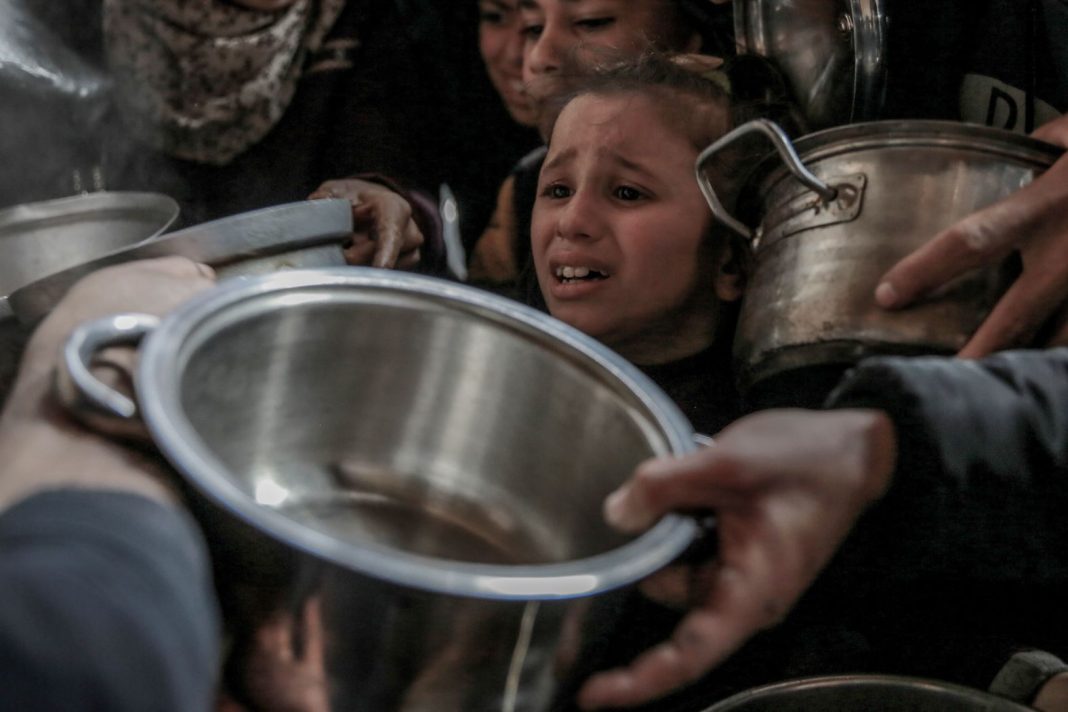That is in part because of widespread damage caused by the Israeli military to the agricultural sector in the Gaza Strip.
“When it comes to livestock losses – obviously this is a sector we’re very concerned about as it’s indispensable for the livelihoods and the survival of families in Gaza – we estimate that 60 percent of the milk cows have been killed,” Paulsen said.
When it comes to meat production, as much as 70 percent of the cattle stock has been killed. About 60 percent of small ruminants such as goats and sheep have been killed.
“When we look at the trajectory of food security and nutrition statistics, we are facing a catastrophic situation in technical terms,” Paulsen added.
Israel has launched a deadly military offensive on the Gaza Strip since an Oct. 7 attack by Hamas which Tel Aviv said killed less than 1,200 people.
More than 32,100 Palestinians have since been killed and over 74,500 injured amid mass destruction and shortages of necessities.
Israel has also imposed a crippling blockade on the Gaza Strip, leaving its population, particularly residents of northern Gaza, on the verge of starvation.
The Israeli war has pushed 85% of Gaza’s population into internal displacement amid acute shortages of food, clean water and medicine, while 60% of the enclave’s infrastructure has been damaged or destroyed, according to the UN.
Israel is accused of genocide at the International Court of Justice. An interim ruling in January ordered Tel Aviv to stop genocidal acts and take measures to guarantee that humanitarian assistance is provided to civilians in Gaza.
Half of Palestinians in Gaza are experiencing “catastrophic” hunger, with famine projected to hit the north of the territory by May unless there is urgent intervention, a United Nations-backed food assessment warned on Monday.
